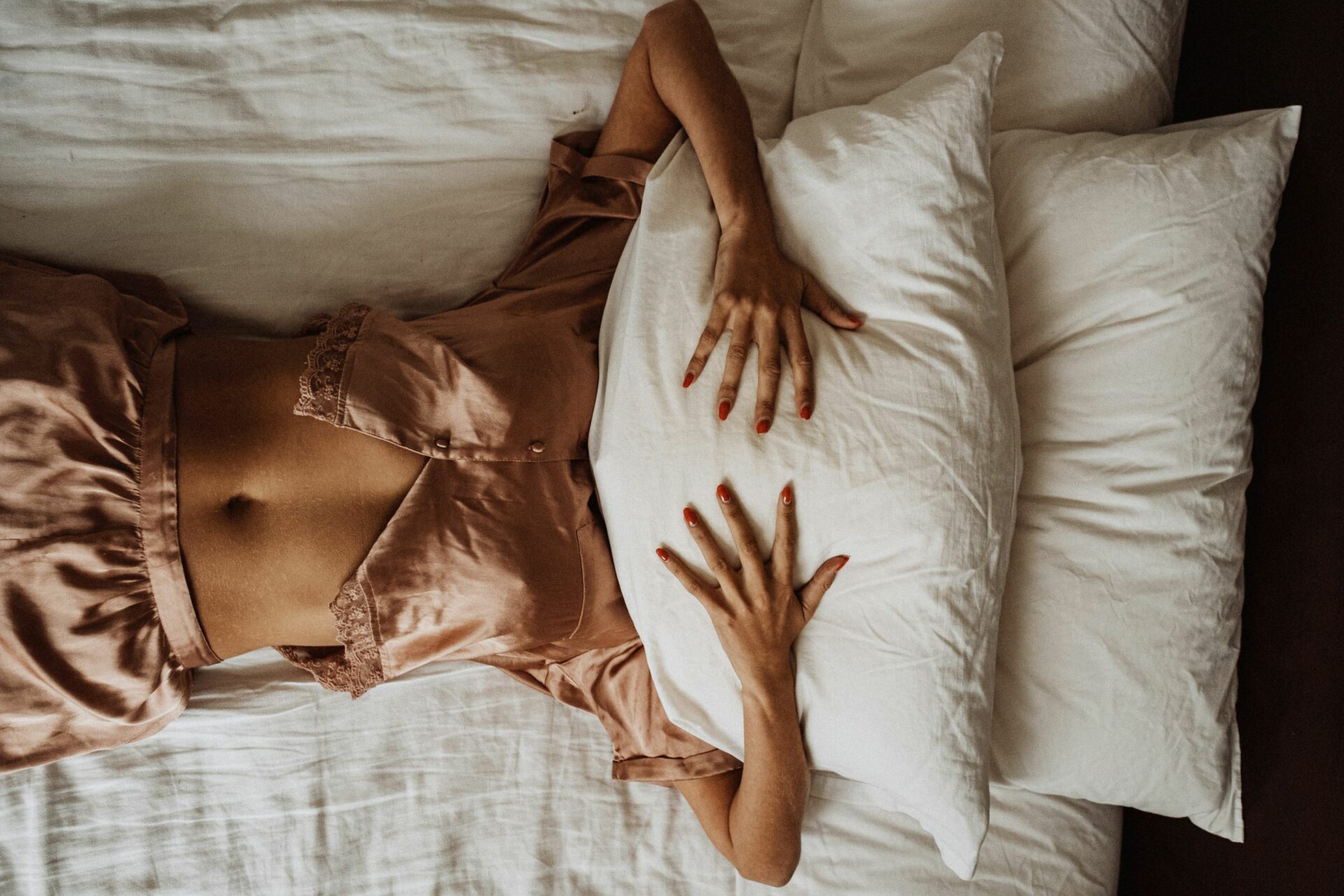Libido, sex drive, desire, passion – it’s a little-known fact that more than half of women in the United States (63%) report a loss of sexual desire during menopause.
A recent study by Health & Her (www.healthandher.com), a leading authority on perimenopause and menopause, surveyed 6,171 women in the US between 2022 and the end of 2024. The findings reveal that 63% experienced a lower sex drive at the beginning of their menopause transition, from perimenopause through to menopause.
Loss of libido remains one of the least discussed symptoms of menopause but is reported to have the greatest impact on quality of life when compared with other common symptoms, including hot flashes, low mood, and sleep disturbances.
As women move through menopause, their sexual experiences can feel significantly different, both physically and mentally, as they adapt to the biological changes taking place in their bodies.
A combination of hormonal, physical, and sociopsychological factors contributes to this shift. Issues such as vaginal dryness, reduced sexual desire, mood changes, and fatigue often mean many women feel simply too exhausted to initiate intimacy.
- Prevalence of vaginal dryness rises from 34% in perimenopause, to 53% in menopause- nearly a 20% increase.
- Prevalence of painful sex rises from 21% in peri to 37% in menopause.
- Prevalence of LOSD rises from 51% in peri to 63% in menopause.
- LOSD is consistently reported as having the most severe impact on quality of life out of the 22 symptoms we collect data on.
- This means women consider LOSD to be having a worse impact on their quality of life than hot flushes, and night sweats.
- 34% of our menopausal US women report LOSD as severe.
This mismatch in desires can lead to a cycle of increased conflict over intimacy, something Dr. Harriett Connell, a Primary Care Physician in the UK, with a specialist interest in women’s health and a specialist at Health & Her, is encouraging women to talk about rather than keep it under the covers.
Dr. Connell says: “Intimacy and sex are an important part of a relationship, but as women progress through the menopause it can become a battleground, leaving one partner feeling rejected and the other completely unsupported.”
“In addition to hormonal and physical changes, women may also be going through a time of uncertainty about their role in life. Their children may have left home, their body may feel different, and they might then wonder if their partner will start to back away from them too. This combination of uncertainty can start to affect a woman’s confidence and further impact her libido.”
“While it might feel uncomfortable sometimes, being open with your partner about how you are feeling, what your body is going through and what makes you feel good can help you both manage the changes.”
Dr Harriett Connell provides her top tips on ways to improve libido through medicine and physical movement.
TESTOSTERONE: The words estrogen and progesterone are well known when talking about the menopause and perimenopause, but there is a third hormone that is rarely talked about – testosterone – a sex hormone that is produced in small amounts by the ovaries, adrenal glands and peripheral tissues in women.
Testosterone, which is important for energy levels, a healthy sex drive, maintaining muscle mass and bone health, falls as someone transitions into perimenopause and menopause, and can lead to unexplained tiredness, reduced sex drive, and result in it being harder to build muscle and lose weight.
There are a number of testosterone gels and creams available that can be applied directly onto the skin, working to replace the hormone levels that have fallen in someone’s body.
EXERCISE: Keeping active and doing regular exercise will help one feel better mentally and physically. Getting more active can be a great way to improve how someone feels about their body, get the endorphins flowing and help boost self-esteem if it has taken a dip.
Exercise will also helps women sleep better, boost energy levels and help improve overall mood.
LUBRICATE: Vaginal dryness is caused by a loss of estrogen in the tissues of the vagina and externally the vulva too. The loss of estrogen causes tissue to become drier, thinner and more delicate.
Water-based lubricants can be helpful during sexual activity. They are applied to the body as and when needed to reduce friction, therefore helping to reduce pain and discomfort.
SEE A SPECIALIST: A Menopause specialists can help offer more specific advice on the treatments available to help with any vaginal symptoms that are preventing or making intimacy difficult. They can also give advice on prescription treatments with an aim to rebalance hormones and help women get back in the mood.
FORGET ABOUT SEX: It may sound odd but try to take the pressure off sex. Spend time together where the focus is on being together and intimate.
Try massage, kissing or just holding hands – the idea is to take away the pressure to perform and just enjoy feeling close. Take a gentle approach and remembering to be kind and caring.
TALK: If someone is avoiding having sex, they may think that talking about it only makes the problem worse but the reverse is often true – talking to a sex therapist may help.
They will be able to help someone see how one is both withdrawing from a relationship and find a way to renegotiate how the relationship works. They can also provide ‘psycho-education’. This provides advice and education about the physical changes that menopause brings, helping individuals understand how their sex life may be different.
THINK ABOUT IT: The brain is the body’s biggest sexual organ so just thinking about sex can help to boost desire. It can also increase testosterone which is the body’s sex hormone.
More expert advice and information can also be found here: https://healthandher.com/blogs/expert-advice/have-you-lost-your-libido-learn-how-to-work-through-it-as-a-couple







